 One of the first things that occur after a car accident is the parties exchange insurance information. But, unfortunately, just because someone has an insurance card doesn’t always mean they are covered for the wreck they caused. A driver in Metairie learned that lesson the hard way, as shown by the case below.
One of the first things that occur after a car accident is the parties exchange insurance information. But, unfortunately, just because someone has an insurance card doesn’t always mean they are covered for the wreck they caused. A driver in Metairie learned that lesson the hard way, as shown by the case below.
In 2012 in the Parish of Jefferson, Miriam Blandino was driving her partner’s car with their children inside when she was rear-ended at a stop sign. She and her partner subsequently sued the driver (from now on “Ms. Doe”) and the driver’s insurance (from now on “USAgencies”) for damages. However, USAgencies was let out of the lawsuit because Ms. Doe never actually obtained insurance through them.
Earlier that year, in February, Ms. Doe had signed up for an automobile insurance plan covering her from February through August, but her initial payment was declined. USAgencies notified her of this failure to pay and allowed her to reinstate her policy: she would need to provide the proper amount and a fifteen-dollar fee within ten days of the notice. Unfortunately, USAgencies never received payment from Ms. Doe, and thus her policy never became effective, so she was never covered.
 Louisiana Personal Injury Lawyer Blog
Louisiana Personal Injury Lawyer Blog


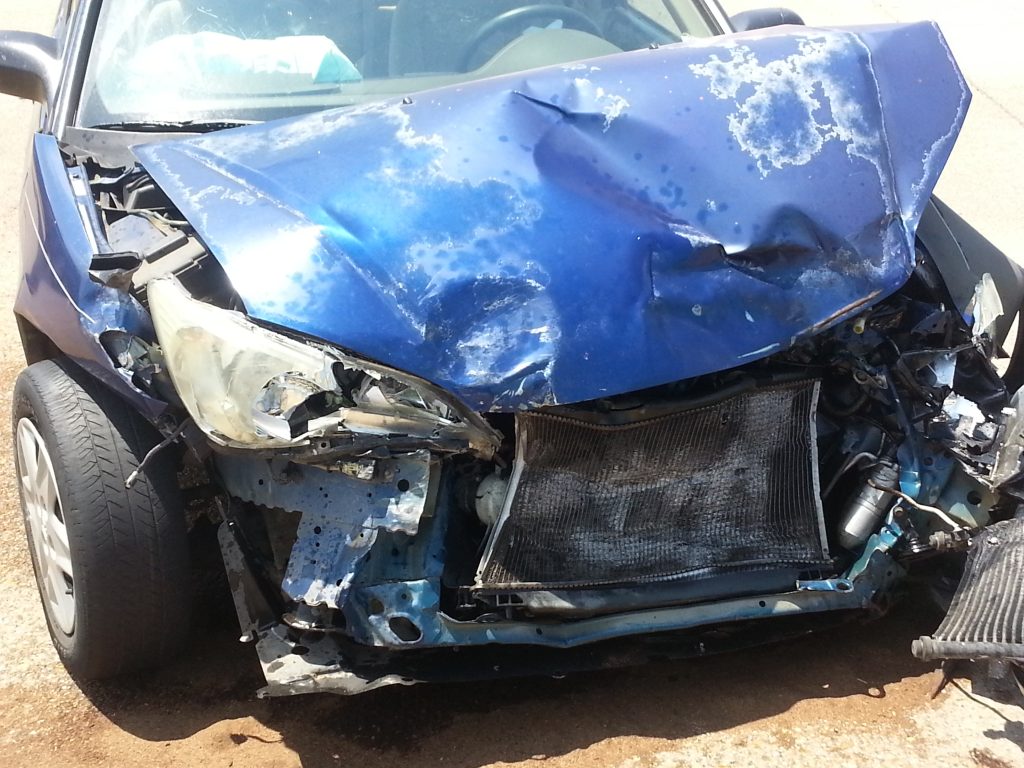 Usually, in a dispute concerning a car accident, the issue surrounds fault or the extent of injuries. Occasionally though, the argument is whether a passenger in one of the vehicles was even a passenger. Evidence that one was a passenger and present during the accident would seem helpful but does not guarantee recovery, as one plaintiff learned after a 2011 car accident in Jefferson Parish.
Usually, in a dispute concerning a car accident, the issue surrounds fault or the extent of injuries. Occasionally though, the argument is whether a passenger in one of the vehicles was even a passenger. Evidence that one was a passenger and present during the accident would seem helpful but does not guarantee recovery, as one plaintiff learned after a 2011 car accident in Jefferson Parish.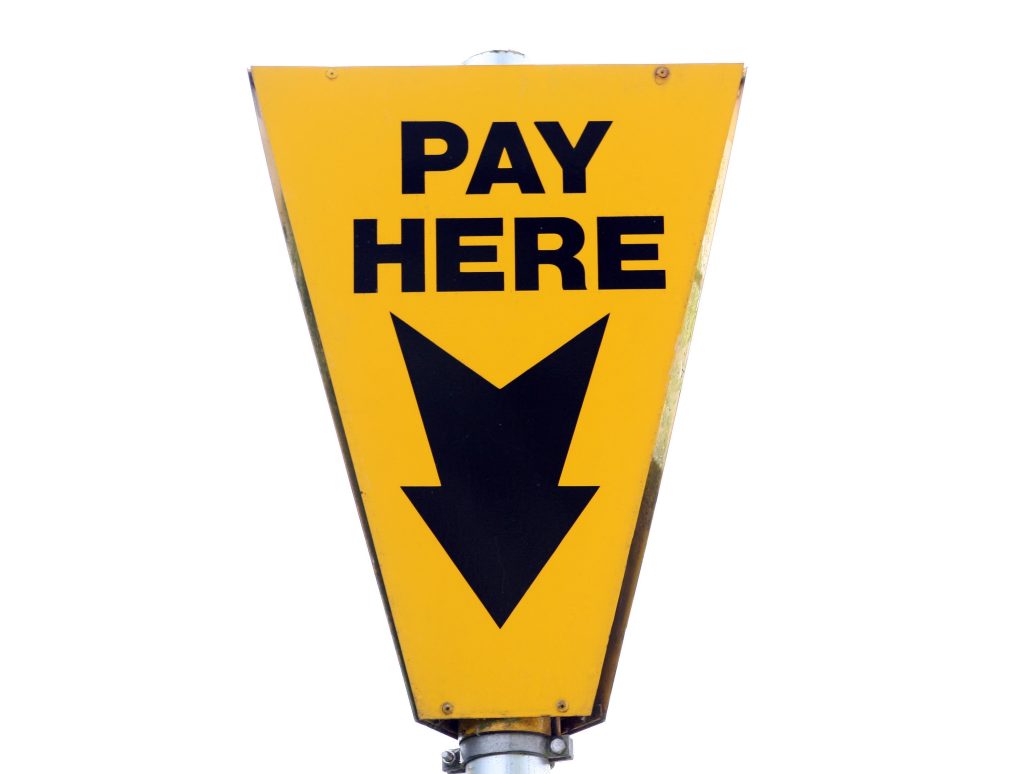 Litigation can be lengthy and costly, especially when expert witnesses get involved. The good news is that a prevailing party can be awarded many of these costs at the trial court’s discretion. The bad news? Not every fee may be granted, as Carlo Conforto learned in a case he brought to the Twenty-Fourth Judicial District Court in Jefferson Parish.
Litigation can be lengthy and costly, especially when expert witnesses get involved. The good news is that a prevailing party can be awarded many of these costs at the trial court’s discretion. The bad news? Not every fee may be granted, as Carlo Conforto learned in a case he brought to the Twenty-Fourth Judicial District Court in Jefferson Parish.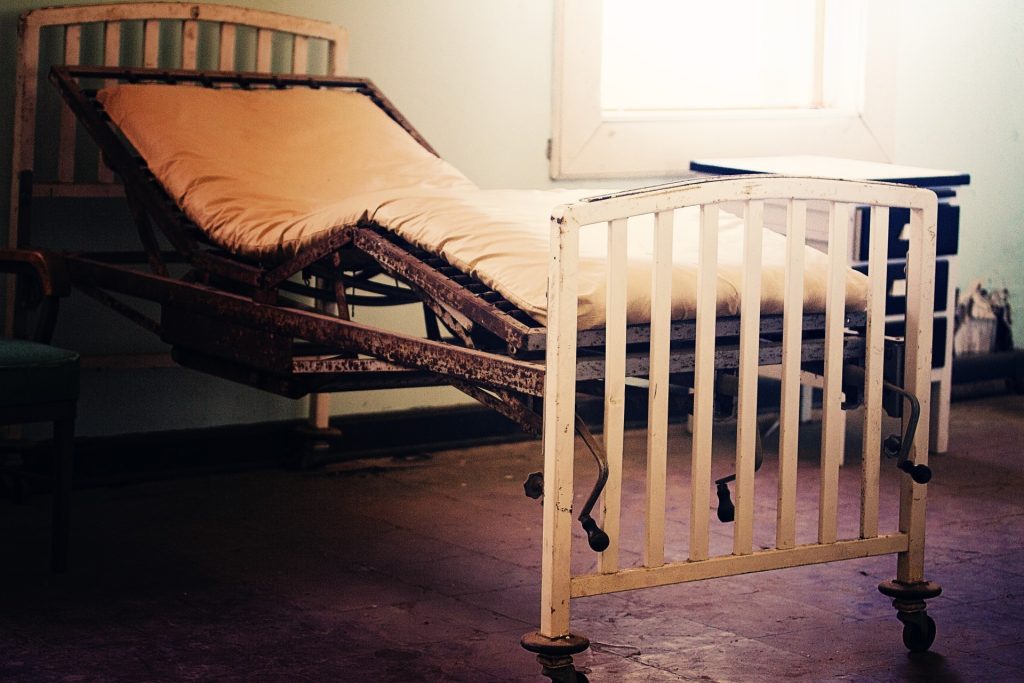 Deadlines matter in all areas of life, but in the legal world, they can determine whether a lawsuit will move forward or even get started. In Louisiana, a prescriptive period is a window of time for legal action to be brought and enforced. Depending on the kind of claim, the prescriptive period may be longer or shorter than you think.
Deadlines matter in all areas of life, but in the legal world, they can determine whether a lawsuit will move forward or even get started. In Louisiana, a prescriptive period is a window of time for legal action to be brought and enforced. Depending on the kind of claim, the prescriptive period may be longer or shorter than you think. Car accidents can be a problematic scenario for the parties involved emotionally and financially. This situation can become even more complicated when the insurance company provides coverage to both parties involved in the accident, and the injured party files a lawsuit against the insurance company, arguing that the injured party is a first-party claimant. The Fourth Circuit Court of Appeals for Louisiana recently addressed the issue.
Car accidents can be a problematic scenario for the parties involved emotionally and financially. This situation can become even more complicated when the insurance company provides coverage to both parties involved in the accident, and the injured party files a lawsuit against the insurance company, arguing that the injured party is a first-party claimant. The Fourth Circuit Court of Appeals for Louisiana recently addressed the issue.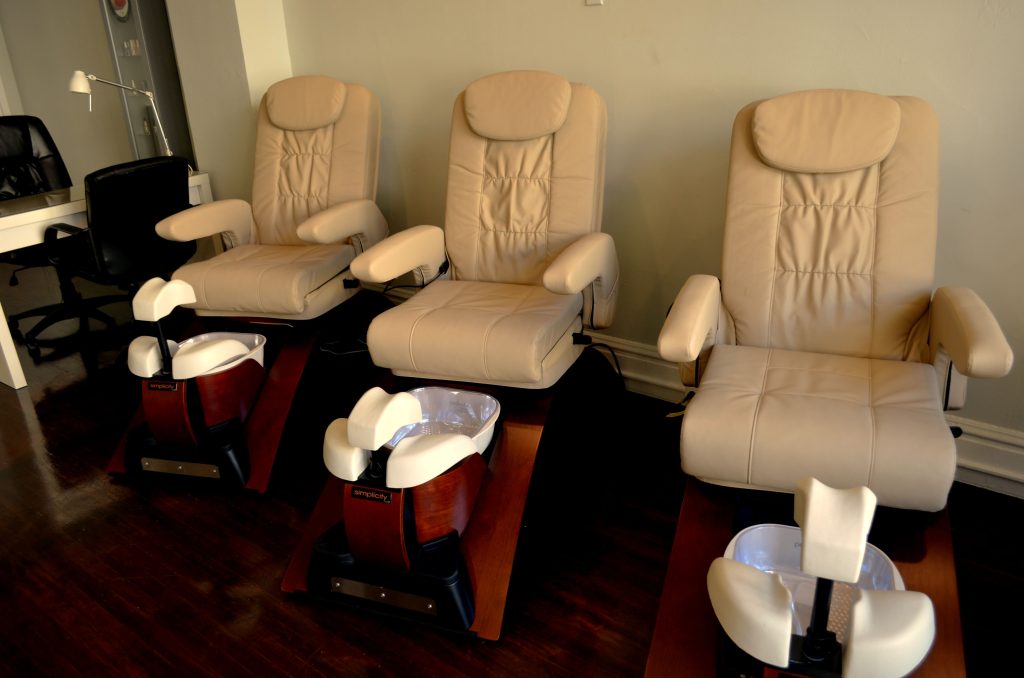 A customer sustaining severe and permanent injuries from a slip and fall accident at a business can cause one to wonder about the potential liability of the business owner. This can become even more complex in a situation where the business owner has leased the unit from the party that owns the building. A building owner may be liable for the injury, even when the unit has been leased out.
A customer sustaining severe and permanent injuries from a slip and fall accident at a business can cause one to wonder about the potential liability of the business owner. This can become even more complex in a situation where the business owner has leased the unit from the party that owns the building. A building owner may be liable for the injury, even when the unit has been leased out. Medical procedures are never an enjoyable process. However, the process becomes even more miserable when recuperation is delayed because of infections. Darrin Coulon found himself in this situation after receiving shoulder surgery in 2011 from Dr. Mark Juneau at the West Bank Surgery Center. His recovery became even more difficult as he navigated the complex procedural requirements of filing a medical malpractice claim.
Medical procedures are never an enjoyable process. However, the process becomes even more miserable when recuperation is delayed because of infections. Darrin Coulon found himself in this situation after receiving shoulder surgery in 2011 from Dr. Mark Juneau at the West Bank Surgery Center. His recovery became even more difficult as he navigated the complex procedural requirements of filing a medical malpractice claim.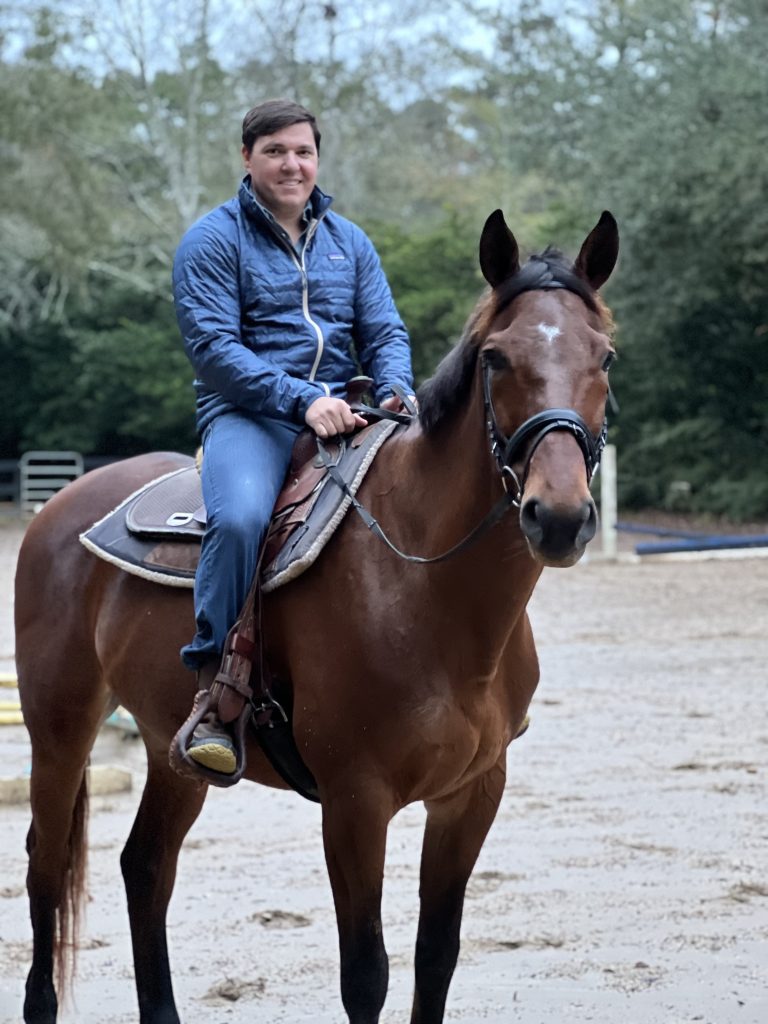 Feeding a horse a treat can seem all fun and games until the horse bites you. This is a lesson Danielle Larson, a visitor to Equest Farm in City Park in New Orleans, learned the hard way in 2013 when a horse bit her while she was feeding it a carrot.
Feeding a horse a treat can seem all fun and games until the horse bites you. This is a lesson Danielle Larson, a visitor to Equest Farm in City Park in New Orleans, learned the hard way in 2013 when a horse bit her while she was feeding it a carrot.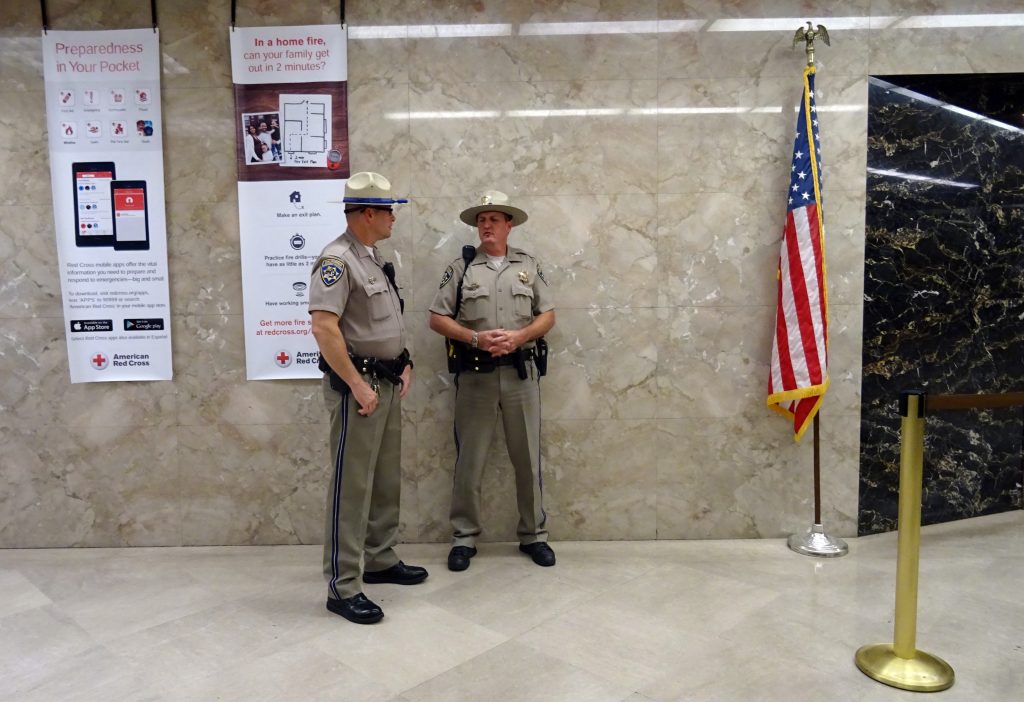 Even if your lawsuit has good facts, to prevail, the court must have subject matter jurisdiction to hear your case. Subject matter jurisdiction is the “legal power and authority of a court” to listen to a given proceeding. See
Even if your lawsuit has good facts, to prevail, the court must have subject matter jurisdiction to hear your case. Subject matter jurisdiction is the “legal power and authority of a court” to listen to a given proceeding. See